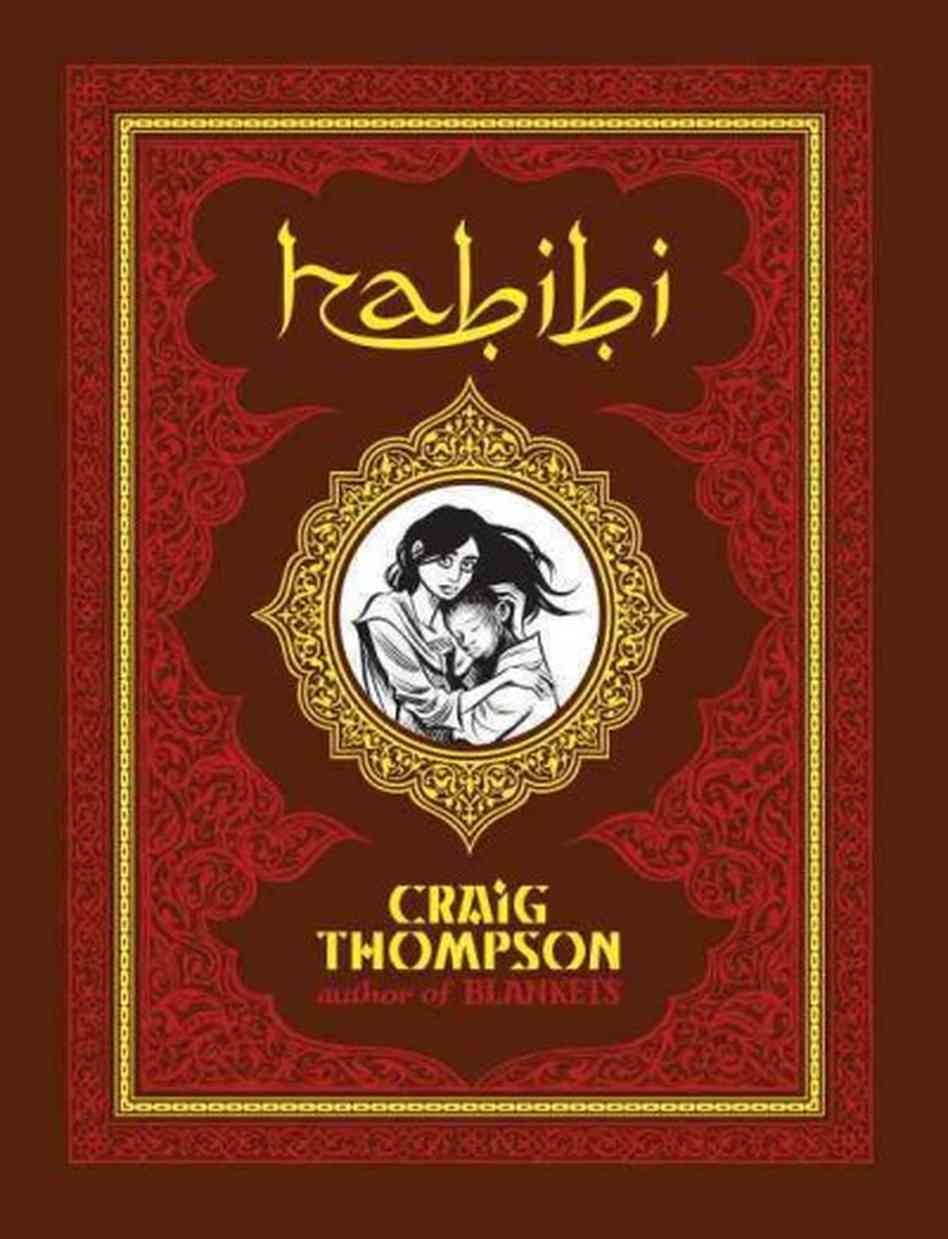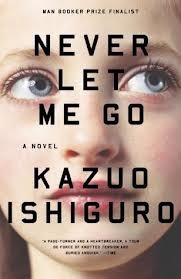The past couple years on my Twitter account, @gregakers, I’ve kept tally on each book I read, with a tiny review of each and a link to where readers could get more information on the work in question. (Here’s my list for 2011 and my list for 2010.)
Now here, for your ease of browsing, are the books I read in 2012, listed in reverse order they were Tweeted, which is to say chronologically with the most recent first.
My favorite book of the year was Habibi, the gorgeous new-ish graphic novel from Craig Thompson (Blankets, another masterpiece). Habibi swallowed me whole; I’m somewhere in its snake esophagus still. So I was a little surprised when I looked up the critical response prior to this blog post and found that it got panned by The New York Times and derided as racist by Racialicious.
To me, Thompson was clearly and knowingly wading in Orientalism and fantasy Arabia. (If he wasn’t, well, that’d be a problem.) I suppose only Joe Sacco-type documentarians are allowed to consider the Middle East and Islam? And when such subjects are broached, one must do so at an emotional remove and with equal time given to all possible perspectives? And only by non-Westerners?
No. Habibi is a work of fiction, not a textbook. And, though artistically beautiful in general, it depicts the brutalization and exploitation of women, children, and men. If it included such acts but fled from the scenes without showing them/showing them demurely, that is what would be worthy of criticism. No one escapes Habibi unscathed, and Thompson achieves a baptismal degradation: It’s a human coming-of-age story both universal and specific, taking place over millennia, where hope is achieved only after swimming a river of shit. Sounds to me more honest about the human condition than 99 percent of anything else I’ve read.
On a completely different line of discussion, an interesting thing happened to me as I was reading book #28 of the year, Never Let Me Go by Kazuo Ishiguro: I struggled to an almost existential degree to keep reading it. It was the opposite of a page-turner. But it had nothing to do with my lack of interest or dislike of the writing. Quite the opposite. I had to make an effort to read the book because it was so powerful and thematically upsetting.
I had seen the movie and cried a fair bit about what happens in it (no spoilers), so I knew what the bad juju going on was. But I was unprepared for how upsetting it would be to read it. Ishiguro has created a novel that’s relentlessly nostalgic for a sci-fi alternative 20th century that never existed. He managed to make me despair for a loss of humanity’s soul that never happened. And somehow made that feel like nostalgia. It’s almost uncomprehendingly brilliant. I still struggle to process the novel.
Anyway, it took me a long time to read it — far longer than the novel’s length would suggest. Hence, part of the reason why my total number of books read is pretty low.
A housekeeping note for the list: I’ve aired out the entries a little since I’m not as limited in space on the blog as I was on Twitter.

